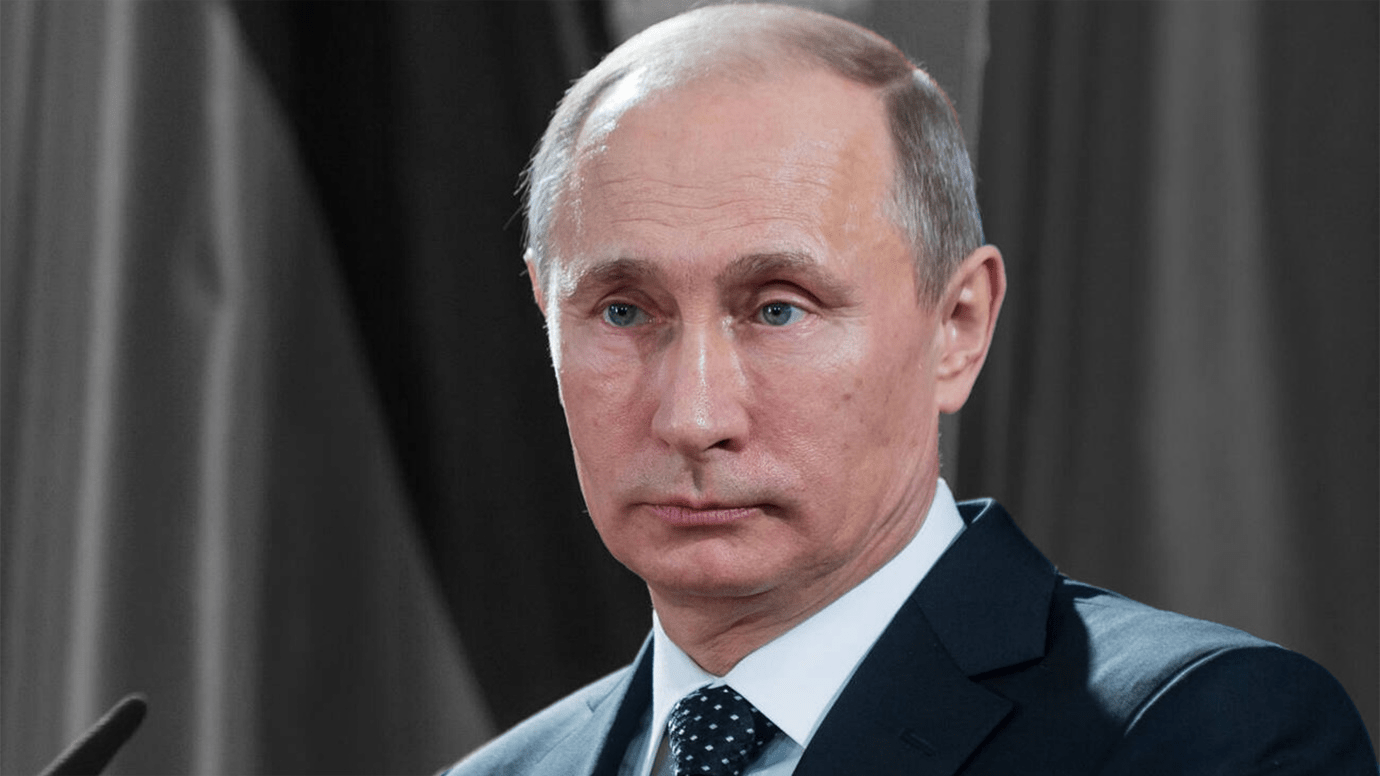
Why Skills-First Leadership Is Replacing the Ivy League Playbook in the C-Suite
The old prestige pyramid—where Ivy League degrees and blue-chip consulting backgrounds paved the way to the CEO seat—is cracking.

June 19, 2023: On Friday, President Vladimir Putin cited favorable data points to laud Russia’s economic fitness. He said surging defense spending was needed to strengthen national security as Moscow grapples with the cost of fighting in Ukraine.
Putin, speaking at the plenary session of Russia’s flagship St Petersburg International Economic Forum, said the public finances were generally flat, putting the $42 billion budget deficit so far this year largely down to bringing forward some planned expenditures.
Analysts and data, however, suggest that slumping energy revenues and soaring military spending have played a key role.
“Naturally, more funds were needed to strengthen defense and security, to purchase weapons,” Putin said, without mentioning Ukraine specifically. “We were compelled to do this to protect our country’s sovereignty.”
“I should say that, on the whole, this justifies itself from an economic point of view,” Putin added.
Putin used data to argue for Russia’s positive economic prospects, forecasting gross domestic product (GDP) growth of up to 2% this year, citing record low unemployment and low inflation relative to last year’s double-digit acceleration.
That would still leave GDP smaller than at the end of 2021, after last year’s contraction of 2.1%.
The International Monetary Fund forecasts a 2023 growth of 0.7% and expects international isolation and lower energy revenues to dampen Russia’s prospects for years to come.
With hundreds of thousands of working-age men conscripted last year and hundreds of thousands more running the country to avoid mobilization, unemployment is at a record low of 3.3%.
The central bank has repeatedly warned that a labor shortage is exacerbating inflationary threats, and analysts have named it one of the most significant drags on Russia’s economic progress.

The old prestige pyramid—where Ivy League degrees and blue-chip consulting backgrounds paved the way to the CEO seat—is cracking.

Loud leaders once ruled the boardroom. Charisma was currency. Big talk drove big valuations.

But the CEOs who make history in downturns aren’t the ones with the deepest cuts

Companies invest millions in leadership development, yet many of their best executives leave within a few years. Why?

The most successful business leaders don’t just identify gaps in the market; they anticipate future needs before anyone else.

With technological advancements, shifting consumer expectations, and global interconnectedness, the role of business leaders

Following a distinguished Law Enforcement career Joe McGee founded The Securitatem Group to provide contemporary global operational specialist security and specialist security training products and services for private clients, corporate organisations, and Government bodies. They deliver a wide range of services, including complete end-to-end protection packages, close protection, residential security, protection drivers, and online and physical installations. They provide covert and overt investigations and specialist surveillance services with a Broad range of weapons and tactical-based training, including conflict management, risk and threat management, tactical training, tactical medicine, and command and control training.

Jay Wright, CEO and Co-Owner of Virgin Wines infectious energy, enthusiasm, passion and drive has been instrumental in creating an environment that encourages talent to thrive and a culture that puts the customer at the very heart of every decision-making process.

Fabio de Concilio is the visionary CEO & Chairman of the Board at Farmacosmo, a leading organization dedicated to mental health and community support services. With a deep commitment to identifying and meeting customer needs, Fabio ensures that high standards are maintained across the board.

Character Determines Destiny – so said Aristotle. And David CM Carter believes that more than anything else. For David, it has been numerous years of research into codifying Entelechy Academy’s 54 character qualities that underpin everything he stands for as a leader and teacher.


Leave us a message
Subscribe
Fill the form our team will contact you
Advertise with us
Fill the form our team will contact you